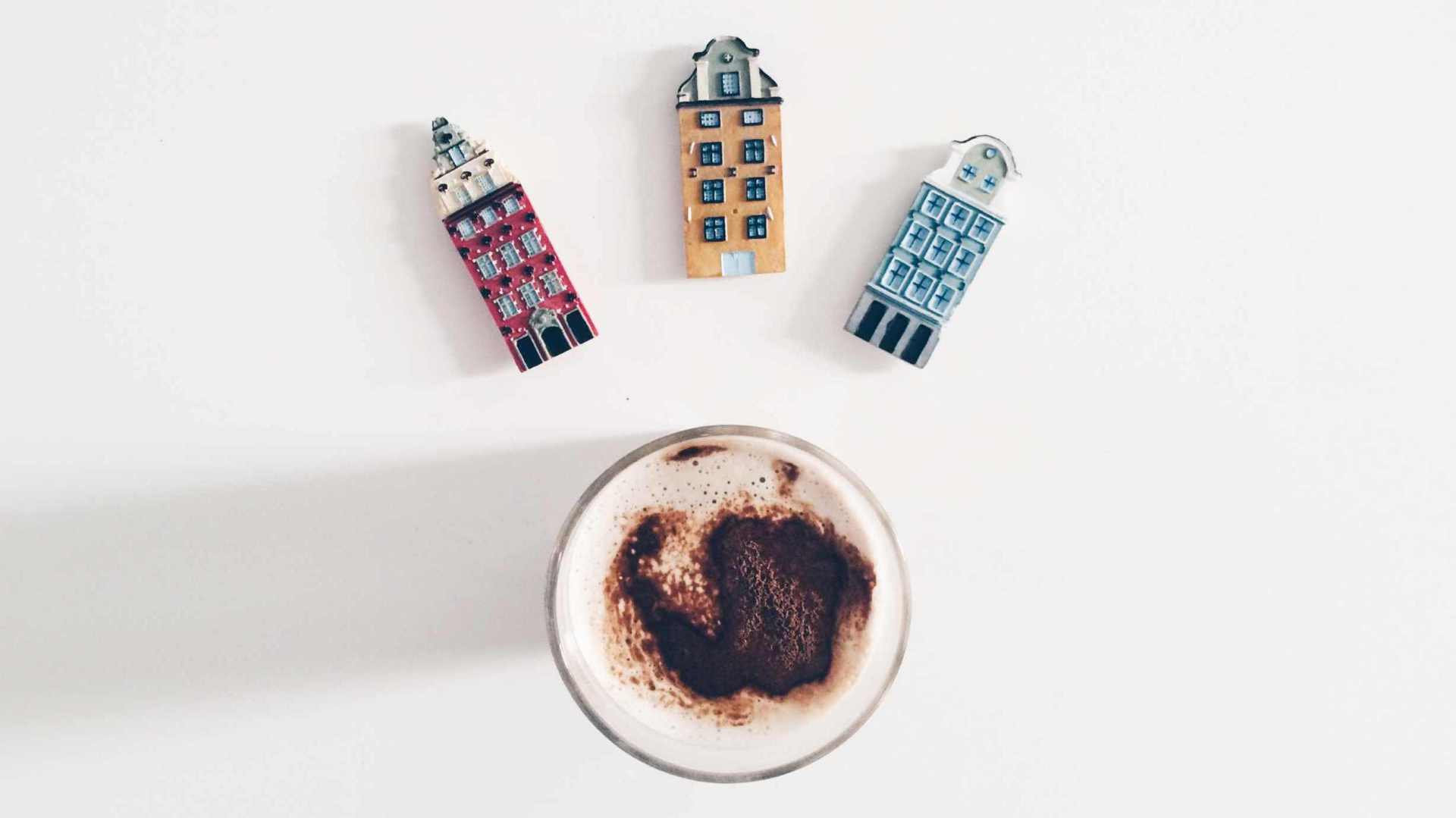In this series, D. L. Mayfield considers the day-to-day ministries we often overlook.
The ministry of the pour-over
Single origin beans picked with loving care by happy farmers in Guatemala, roasted to a golden brown, ground in front of your eyes, hot water poured carefully over the top in an artful display. You wait a few minutes and take a sip; your friend, or the barista, looks expectantly at you. Yes, you say, you can taste the cherries, the nutty aftertaste, the slight caramel undertones. It costs $4 and tastes acidic, bright, like care and extravagance all mixed together. You sip it slowly, not daring to put cream or sugar in even if you desire it, careful to honor the ritual just performed. You stop, and take notice of your life, take notice of how a few small beans picked half the world away could have made it here, to you, to this place.
The ministry of foreign coffee
It goes by so many names, depending on who is serving it: Turkish, Bosnian, Syrian, Ethiopian, Somali, Afghan. Darkly roasted beans, shiny with oil. Ground fine, then boiled together with water on top of the stove. Poured into a small, ornate cup, often with the grounds remaining, settling into a silt that covers the bottom. Splashes of whole milk or cream or sweetened condensed milk; copious amounts of sugar, depending on the tastes of the family. You drink it slowly, like a dessert, like a foray into a new world. You make small talk while you drink it, you discuss children and weather patterns, and your cheeks glow from being invited into this space, into drinking this darkly potent elixir. Your brain starts to feel alive again, buzzing with caffeine, with a glimpse into other worlds, so strange and yet so similar. Your host offers to pour you another cup, and even as you politely decline, you both know you will drink another, gladly.
The ministry of McDonald’s
Bright golden arches, harried employees, white tile floors. The coffee itself is boiling hot, inexpensive, blissfully consistent. When your friend buys you a large, styrofoam cup, you drink it with a wide smile, because that dollar was hard-earned, and coffee is coffee, no matter what. It tastes like hot water and French vanilla packaged creamer—and solidarity. When there are no community centers or churches or parks available, people come from all over to sit inside and drink this same coffee, savoring a warm place to be, a chance to sit and belong, stretching the drink into a several-hour experience. You, too, are desperate to connect with others, and the cheapest coffee comes with the best sort of companionship: honest and bleary-eyed, paid for in crumpled dollar bills.
You have had so many incredible cups of coffee in your life, so many variations of tastes and experiences. But the best ones have all happened here, at McDonald’s, shoulder to shoulder with people drinking similar-yet-oh-so-different cups, offering life stories and histories to those with ears to listen. You go up to the counter, get a refill, and sit back down, preparing to stay a good, long while.









